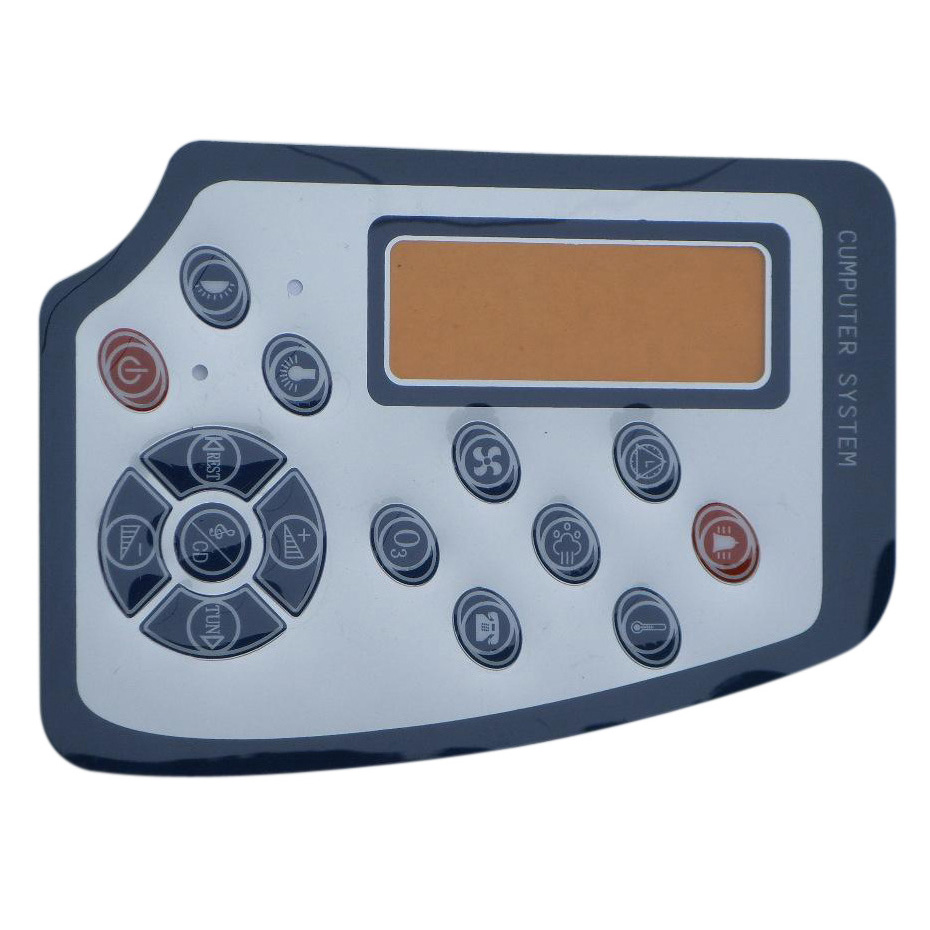
Incorporating a membrane switch into your user interface can offer several benefits. In fact, here are ten of them:
Durability – Because of its simple design and lack of moving components, membrane switches are known to be more durable than other types of controls.
Low profile – Thanks in part to the printed circuitry, membrane switches are very thin and require minimal space.
Design and ordering flexibility – Membrane switches can be custom designed to fit your application. You also have your choice of assembly options by ordering either a complete membrane switch or its individual layers.
Affordability – Compared to other interfaces such as touchscreens, membrane switches are cost-efficient without sacrificing the functionality.
Ability to withstand a variety of environmental factors – With an enclosed design and rugged outer materials, membrane switches can be resistant to moisture, water, chemicals, UV rays, heat, scratches, and more.
Clean surfaces – The smooth outer layer makes membrane switches easier to clean than mechanical switches with protruding buttons. They can also be designed with an anti-microbial film for medical or industrial controls.
Shielding – A shielding layer can be added to a membrane switch to block electromagnetic (EMI) or radio frequency interference.
Option of tactile or non-tactile – Depending on your application, you can add embossing and graphics to mimic the user experience of a button with a manual switch.
Lighting – Membranes switches can be enhanced with LED and backlighting.
Low circuitry and voltage requirements – Interacting layers are sealed together with adhesive to create a self-contained, low-voltage circuit in a compact package.




 English
English
 中文
中文